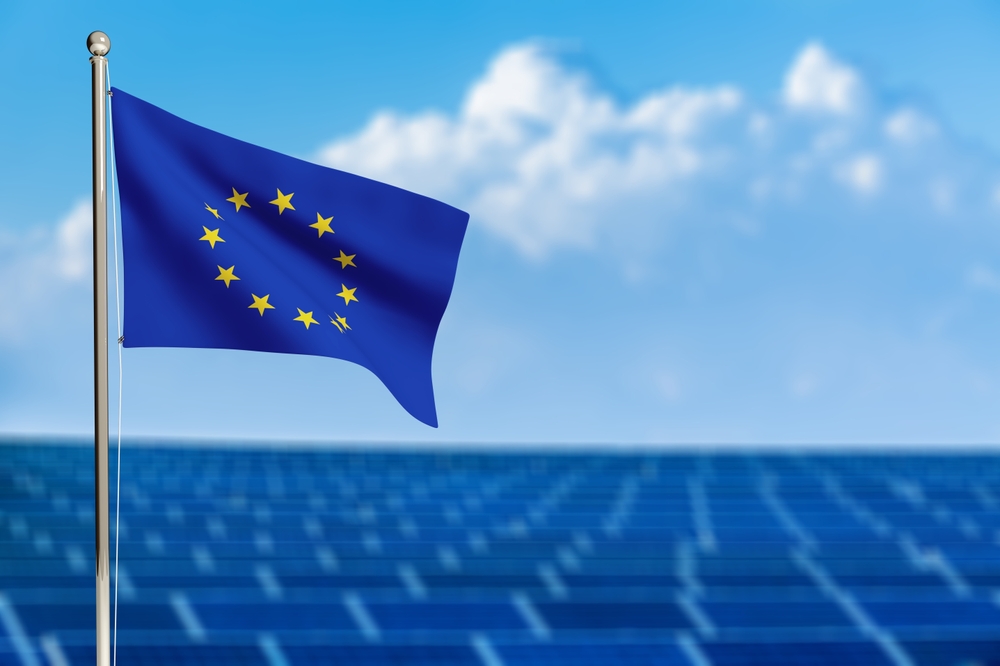The European Union has taken another decisive step toward a greener, more resilient future with the launch of 132 new projects under its flagship LIFE Programme.
Backed by over €358m in EU funding, these initiatives will drive innovation across Europe – from restoring wetlands and protecting endangered species to advancing clean energy and circular economies.
Together, they represent one of the most ambitious waves of environmental investment in the LIFE Programme’s 33-year history, reaffirming the EU’s determination to become climate-neutral by 2050.
A cornerstone of Europe’s green transition
For over three decades, the LIFE Programme has been at the heart of the European Union’s environmental strategy.
Since its launch in 1992, it has co-financed more than 6,500 projects aimed at tackling biodiversity loss, reducing emissions, and protecting natural resources.
The current LIFE cycle, running from 2021 to 2027, commands a €5.43bn budget and is managed by CINEA, the European Climate, Infrastructure and Environment Executive Agency.
The latest funding round, announced under the 2024 call for proposals, selected projects from 895 applications submitted by public authorities, businesses, and civil society organisations.
Together, these initiatives will help the EU meet its 2050 climate-neutral goal, support green innovation, and enhance citizens’ quality of life.
Major funding to restore mature and biodiversity
Nature conservation remains a central pillar of the LIFE Programme. Over €225m, including €147m from EU funds, will support 34 projects focused on restoring habitats, protecting species, and improving ecosystems across the continent.
In Sweden, the Heath LIFE project (€23.3m) will restore nearly 2,000 hectares of heathland, creating vital habitats for pollinators and reptiles.
In Poland, LIFE for RIVERS (€14.8m) will revive river and wetland systems, while Germany’s LIFE RePeat (€16.6m) targets the restoration of carbon-rich peat bogs.
Meanwhile, Belgium’s LIFE ToadAlly (€7.3m) will improve the conservation status of threatened amphibians, helping to reverse decades of decline in native species.
These projects are expected to deliver long-term benefits not only for biodiversity but also for local economies and community wellbeing.
Circular economy and clean living
Another €133m, with €76m coming from the EU, has been allocated to 31 projects promoting a circular economy and sustainable living. These initiatives will reduce waste, improve water quality, and foster greener industrial practices.
In Latvia, LIFE RiverFlow (€8.4m) will restore over 550 km of water bodies, reconnecting fragmented ecosystems.
Sweden’s LIFE Woodmer (€3.6m) aims to replace hazardous PFAS chemicals in packaging and textiles with biopolymers derived from waste wood, while Spain’s InBioSoil (€1.9m) will use fungi to cleanse contaminated soils, transforming pollution into regeneration.
Together, these projects demonstrate how circular solutions can safeguard both human health and the environment.
Building climate resilience across Europe
The LIFE Programme is also investing €96m — including €58m from EU funds — in 19 projects addressing the growing impacts of climate change. These initiatives range from heatwave adaptation and sustainable farming to carbon capture through peatland restoration.
Highlights include Hungary’s LIFE COOL ZONE (€4.3m), Austria’s impaQt (€5.1m), and Spain and Portugal’s I-LIBIM, all developing new methods to tackle extreme heat.
In France, the CROPS LIFE project (€4.3m) will introduce sustainable agricultural practices for climate adaptation, while Germany’s LIFE SUPER EU (€10.9m) will restore peatlands to trap carbon and support biodiversity.
Accelerating the clean energy transition
Energy innovation is another priority for the LIFE Programme, with 48 new projects receiving €82m in total funding – €77m of which comes from the EU. These initiatives will support renewable energy deployment, energy efficiency, and local energy communities.
France’s LIFE SUNACADEMY (€1.2m) will train professionals for residential and large-scale solar installations, while NESOIplus (€1.8m) will bring clean energy to remote island communities in the Azores, Canaries, and Martinique.
The BAIL-RENOV project in France (€1.6m) will help landlords retrofit rental properties with efficient heating and insulation technologies.
A lasting legacy for Europe’s green future
By combining EU funding with national, regional, and private investments, the LIFE Programme continues to shape a cleaner, more sustainable, and more resilient Europe.
With each round of funding, it deepens the continent’s commitment to environmental protection, innovation, and the wellbeing of future generations.
As Europe moves closer to its 2050 climate-neutral vision, these 132 new LIFE projects stand as proof that collective action, innovation, and investment can turn environmental ambition into tangible results.
